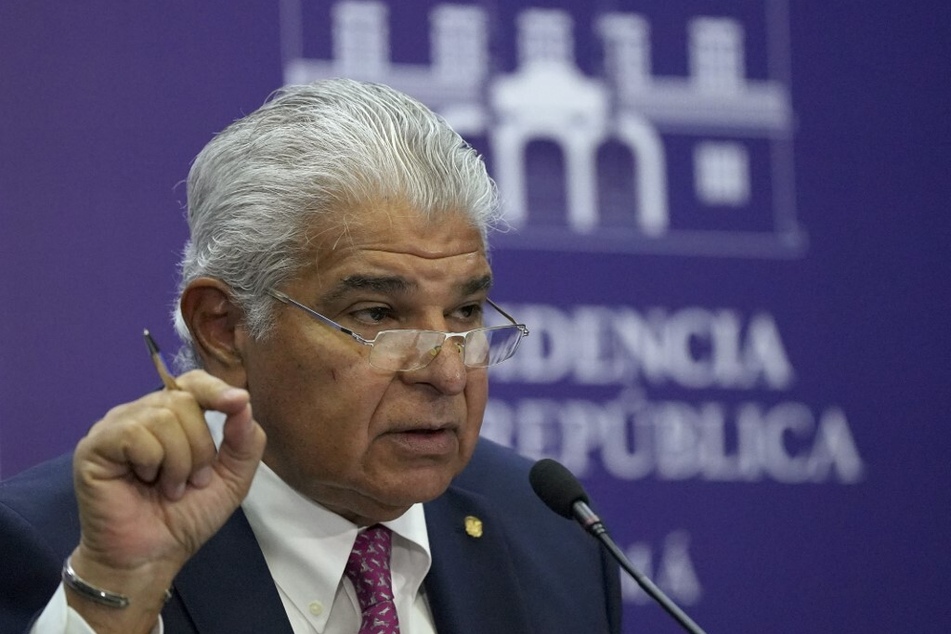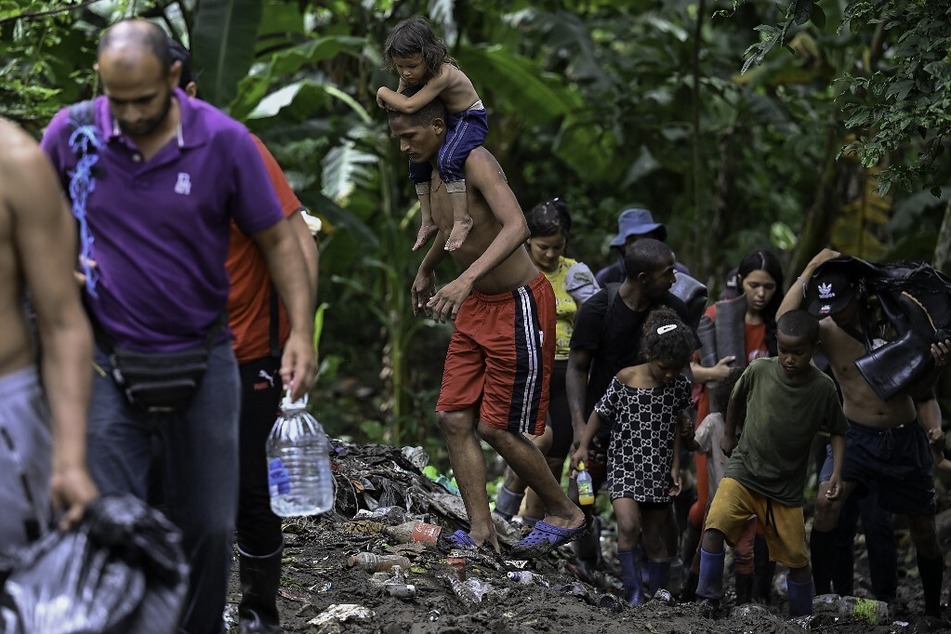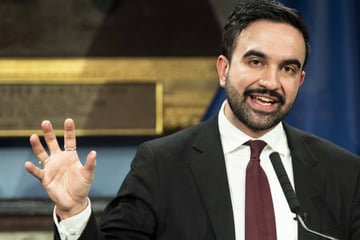Panama president clarifies stance on forcibly repatriating US-bound migrants
Panama City, Panama - Panama's new president on Thursday ruled out forcibly repatriating US-bound undocumented migrants who make the dangerous jungle crossing from Colombia, in an apparent softening of his stance.

"We cannot put them in prison. We cannot forcibly repatriate them," Jose Raul Mulino said at a news conference.
Last year, more than half a million people braved the so-called Darien Gap between Colombia and Panama, where they faced perilous river crossings and violent criminal gangs that extort, kidnap, and abuse them.
During his campaign, Mulino vowed to deport migrants and close the key route.
After he was sworn in on July 1, the conservative lawyer said his Central American country would no longer be a "transit" point for undocumented migrants.
Soon afterward, Panama signed an agreement with the US, which pledged $6 million in funding for migrant repatriation in the hope of reducing irregular crossings at its southern border.
On July 2, US State Department senior official Eric Jacobstein said that repatriations would start "in the coming weeks."
Colombia warns of danger to migrants' lives

While most of those crossing the Darien are fleeing an economic crisis in Venezuela, migrants from Africa and Asia also enter the remote rainforest in a bid to reach the US.
So far in 2024, 212,000 people have crossed the Darien from Colombia – a fall of 9,000 compared with the same period in 2023, Panama's border police chief Jorge Gobea said Wednesday.
Panamanian authorities have closed some of the paths used by migrants through the jungle, although others remain open.
Mulino said that the measures had contributed to the drop in arrivals, adding that the situation in Venezuela would be "an important factor" in future migration patterns.
The trail closures have been criticized by Colombian President Gustavo Petro, who warned that they would lead to more migrants drowning while trying to make the journey by sea.
"Migration is stopped by removing economic blockades and improving the economy" of South America, Petro said on social media.
Cover photo: Luis ACOSTA / AFP

